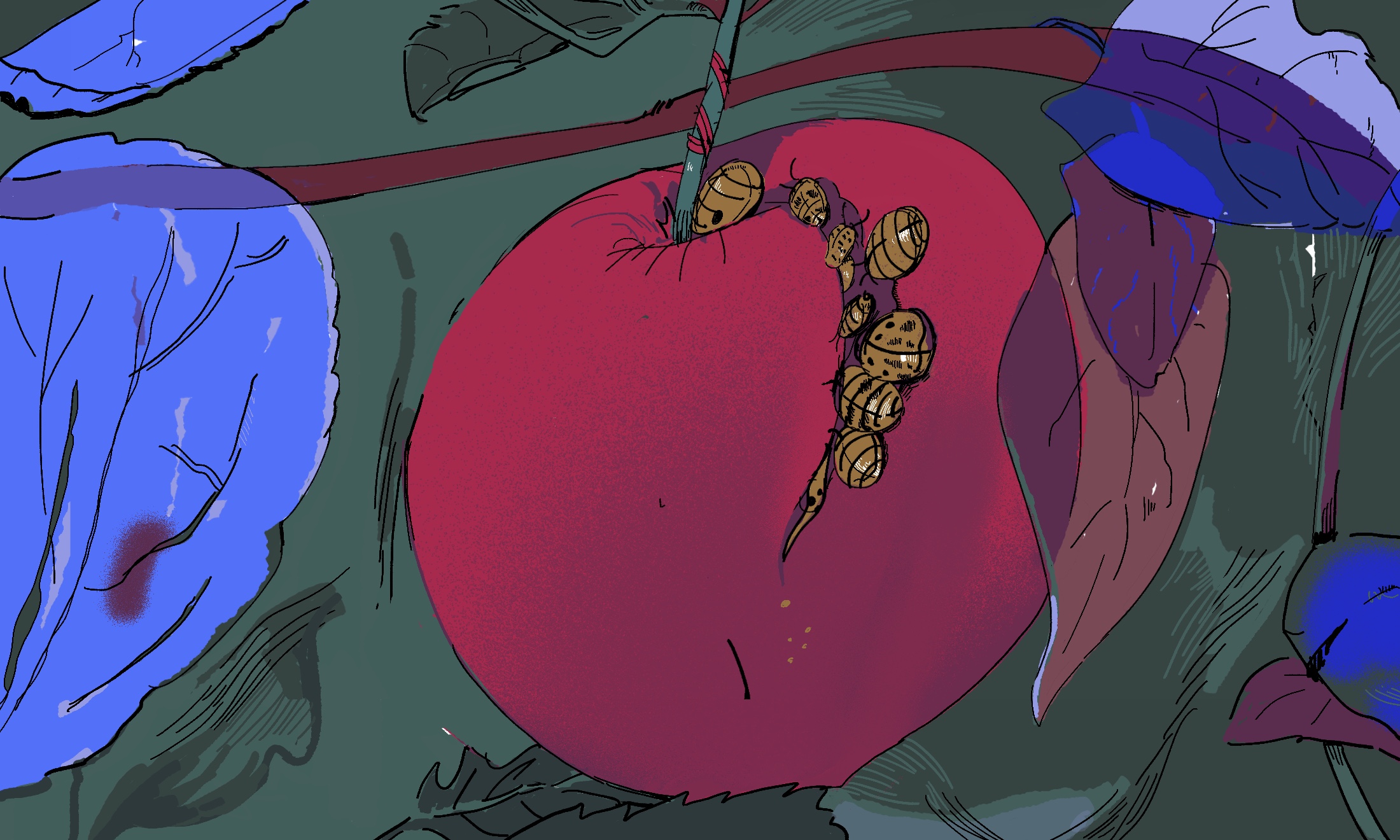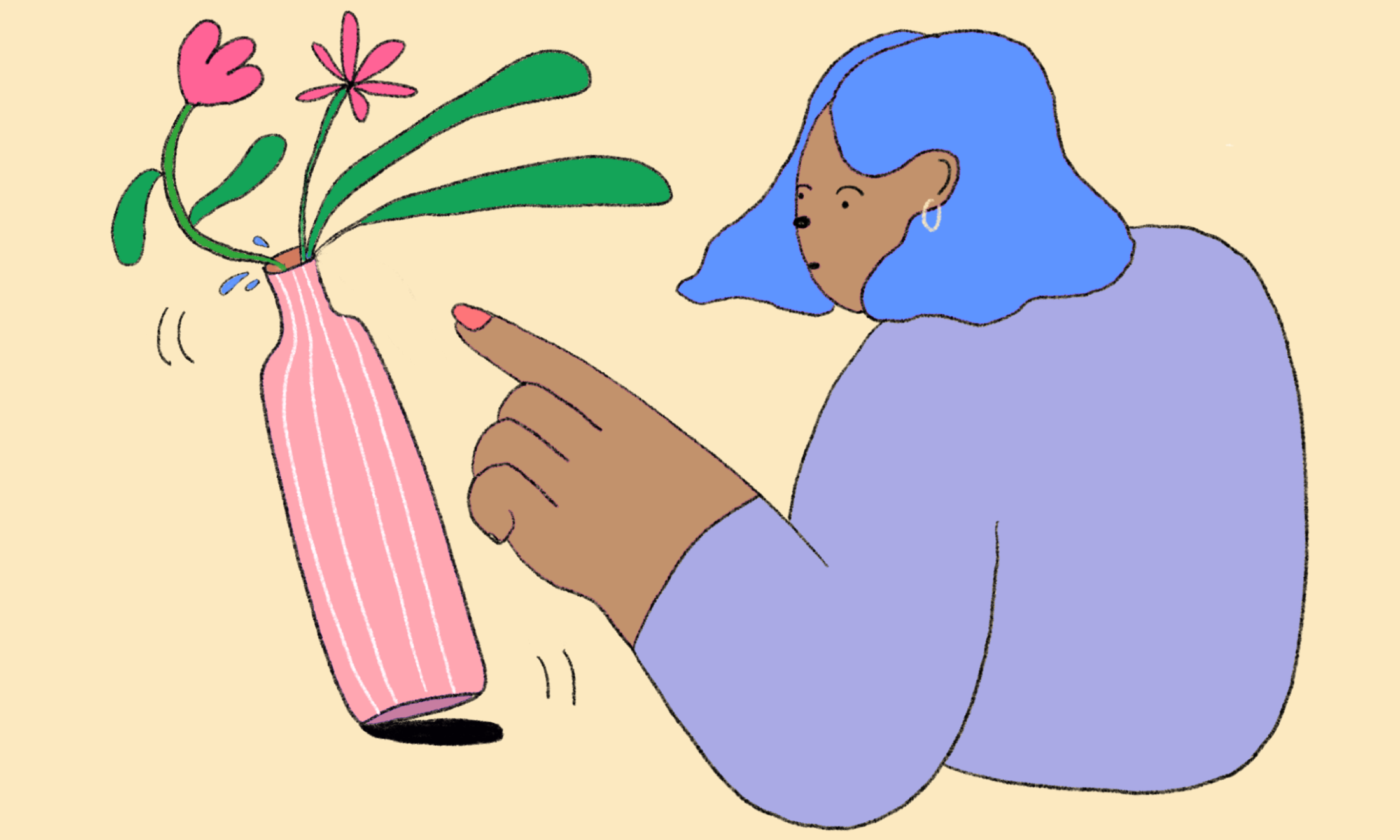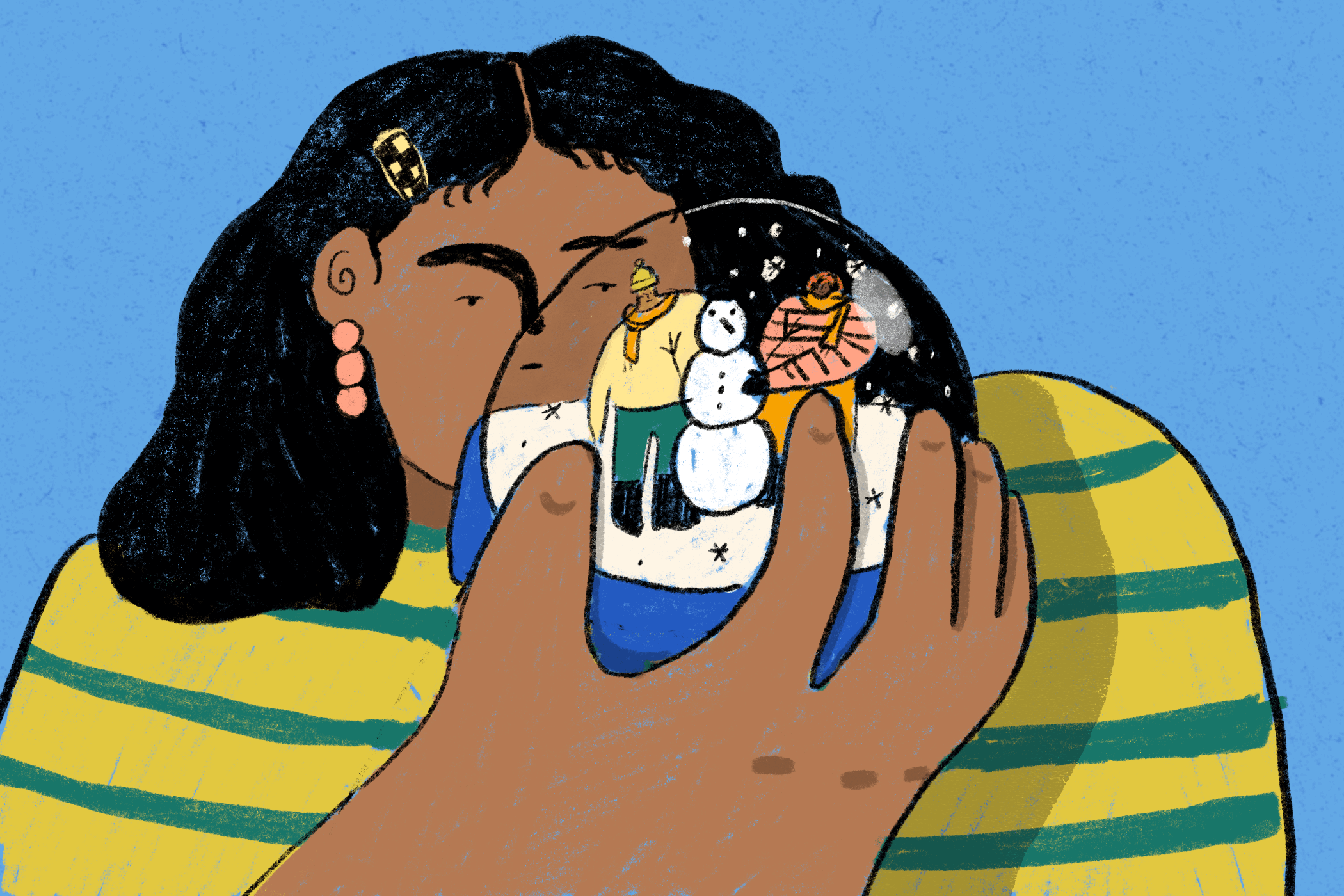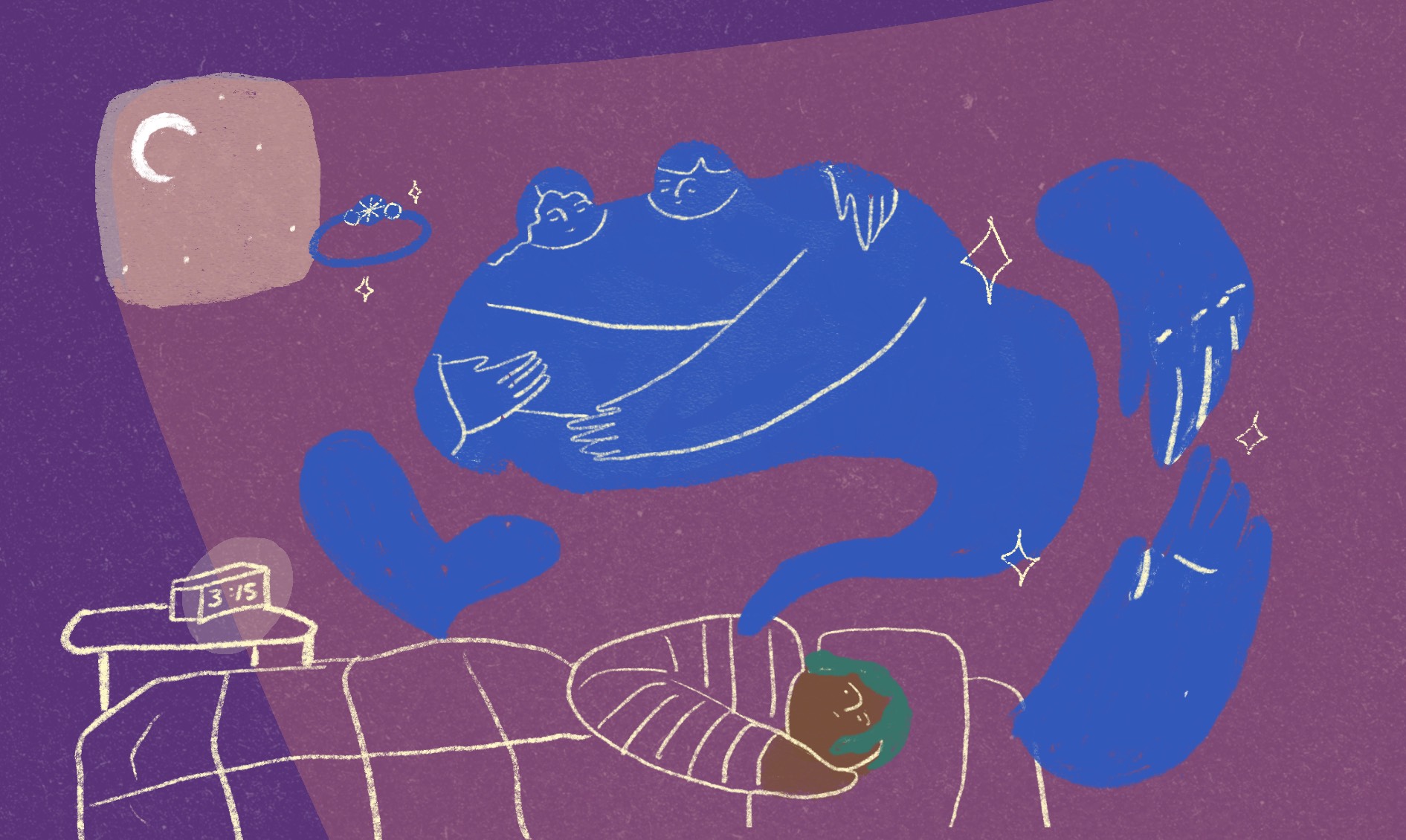
Illustration by Tessie Orange-Turner
TW: mentions of mutilation/cutting
Sexual health is incredibly important. Although it’s still a taboo for many – like mental and physical health, sexual health is a huge part of life. Female Genital Mutilation (FGM) is an important, but often-forgotten part of sexual health, as many of the complications that come with FGM are sexual-health related.
FGM comprises all procedures that involve partial or total removal of the clitoris or labia, or other injuries to those genital organs for non-medical reasons. According to the World Health Organisation, FGM affects more than 200 million people across the world, and it has been a part of many people’s lives for generations.
One of the short-term complications of having FGM can be an increased risk of urinary tract infections (UTIs), and HIV and AIDS. This is due to the different ways FGM is performed; in a non-clinical setting, sometimes the razor blades used will have been used for other purposes or on people who are living with HIV. FGM also has long term mental, physical and sexual health consequences: many survivors of FGM talk about a lack of intimacy in their relationships because of the pain they experience during sex. This can lead to the breakdown of relationships, and an incredible amount of emotional and psychological difficulty due to not knowing where to get help.
But help is available: there are a number of NHS specialist support services in the UK, including maternity services and specialist midwives for survivors. Surgical treatments are also possible: people who have experienced type 3 FGM have the option of deinfibulation – a surgical procedure to “open up” the scar tissue which is narrowing the vaginal opening.
Crucially, the government has also finally recognised the importance of FGM clinics for non-pregnant people – as the complications of FGM don’t only start and stop when a person is pregnant. On 12 September, the NHS officially launched FGM clinics in Birmingham, Bristol, London and Leeds as part of a pilot programme to support non-pregnant FGM survivors over the age of 18. These are clinics any survivor can visit, and get answers to questions about about their FGM, such as knowing the type of FGM they have, how it might impact them in the future, and general information about sex and sexual health! These clinics are a huge step forwards in improving survivors’ lives, as they finally provide a state-funded venue for care and support.
“It’s ok to ask for help and to seek support. I would encourage you to go to an FGM clinic and ask the questions you want answered”
I have been working around FGM and researching the topic for nearly five years, and in that time I have heard about so many different experiences of FGM. I have learnt first hand about how it can affect people and their families. I will never know what it is like to physically have FGM and to directly deal with the complications, but I know that survivors have been asking for support for decades. If you are a survivor reading this and you have questions about your situation, that’s ok – it’s ok to ask for help and to seek support. I would encourage you to go to an FGM clinic and ask the questions you want answered. There are professionals who are trained to help you.
Establishing solidarity with other FGM survivors can also be a good way to access support. Many people feel alone in their experience, and a culture of sharing and supporting can lead to others feeling loved and supported.
The reality is specialist clinics need to expand to other parts of the UK so that FGM survivors can have the support and help they need wherever they are. Professionals need to be adequately trained to provide the right care they need. Some survivors still tell stories of having uncomfortable experiences with health professionals where there is a lack of quality training. It is incredibly important for frontline professionals to have training and know-how to treat people who have experienced FGM.
There is hope. The government is slowly but surely actioning many of the requests activists have made over the years. It is important that survivors access these services, not only because it will lead to a path of a better mental and sexual health, but because it will keep these services open for years to come as they continue to support and care for more survivors of female genital mutilation.
This article is part of gal-dem’s Sexual Health Awareness Week series. You can keep up with the series here.









